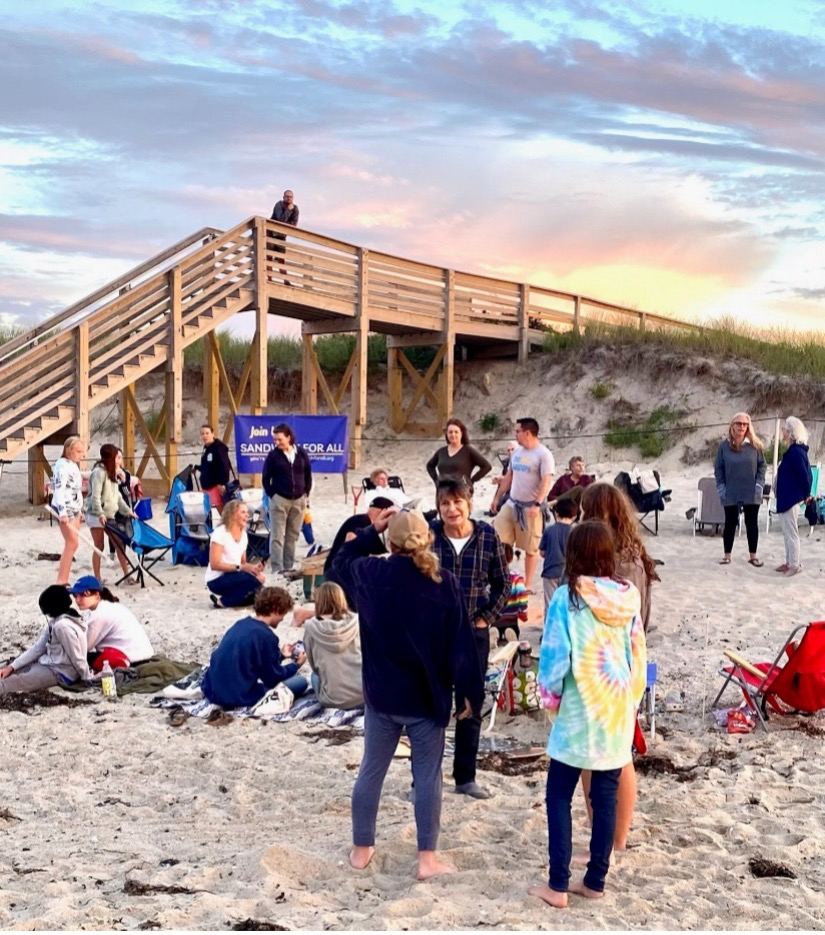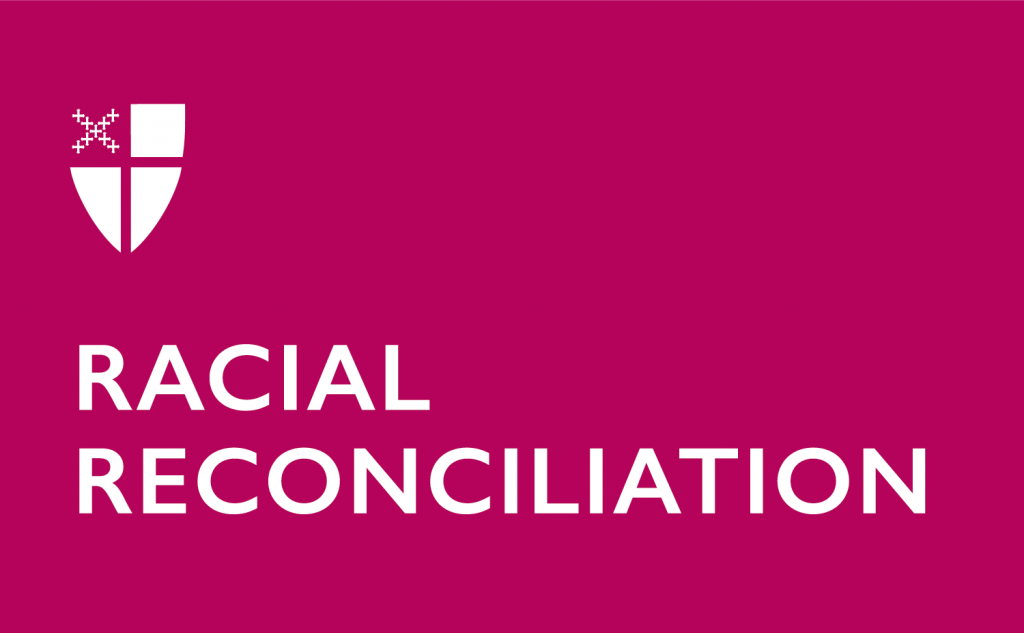Sacred Ground Inspires Coalition for All
By the Rev. Margot Critchfield
It was Michael Brown’s death in August 2014, and the subsequent Ferguson uprising, that changed my life. Like many other progressive and privileged White women, I’d been outraged and horrified by the murders of Trayvon Martin and Eric Garner, but not enough to change. The circumstances around Michael Brown’s death felt different to me. Right and wrong were fuzzy.
I realized I needed to decenter my White perspective. I needed to listen to Black voices and read Black writers. How else could I untangle my conflicting thoughts and feelings, the ones that sprung from my cozy cocoon of Whiteness? It didn’t take long to realize I had a lot of work to do.
I spent the next five years on a journey: educating, un-educating, and re-educating myself about racism and Whiteness. Then Sacred Ground was launched in 2019. Thankfully, I was blessed to be in one of the first small groups to “test-drive” it.
Sacred Ground didn’t just change my life, it transformed it.
Suddenly, instead of collecting one “recommended resources” list after another and trying to navigate my way through them or starting a study group for a handful of folks, I had fellow travelers. Some church friends were as committed to this journey as I was, and we had an organized, well-developed curriculum.
The work was emotionally hard. But our circle was a safe space to express my fury at having been taught lies as history. I could grieve as I absorbed how much pain White people, my people, had inflicted—and still do—on people of color, causing harm that underlies inequity and injustice today.
In our circle, I learned to lean into my discomfort and keep going, to pray for clarity and direction, instead of my usual premature jump into action. Of course, when that clarity came, thanks to Sacred Ground, I had to respond.
I posted an article about a racist incident in my town on the Facebook page of a local activist group. I’d been amplifying marginalized voices of people of color for a while: sharing articles, blogs, and book reviews. But this article provoked a response I’d never seen before: an ever-lengthening thread of stories about racism, antisemitism, and homophobia in our historic colonial town.

I hosted a Zoom meeting, and within a couple of weeks “Sandwich for All” was born. Our mission is to make Sandwich, Massachusetts, a safer, more inclusive town for marginalized and underrepresented groups. We built relationships with stakeholders, found accountability partners through the local NAACP, and were granted nonprofit status through a local foundation. We advocated for a Black student who was suspended for fighting a White student who’d bullied him for months with racist language; hosted a panel discussion about DEI (diversity, equity, and inclusion) in our schools with the schools superintendent, the police chief, the Anti-Defamation League, and an expert on restorative justice.
We successfully advocated to fly the Pride flag in town in June; got Race Amity Day adopted, and produced a public service announcement about it with newly elected officials; and provided active bystander training to town department heads. We host monthly public events about racism, disability inclusion, LGBTQIA+, etc.
Sandwich has a long way to go. I have a long way to go. But I’ll walk this Sacred Ground till I’m laid to rest, knowing I still won’t know what I still don’t know.
—
The Rev. Margot Critchfield is an Episcopal priest who retired to Sandwich, Massachusetts, in 2017 after serving at St. Stephen’s Church in Cohasset, Massachusetts, for nine years.

